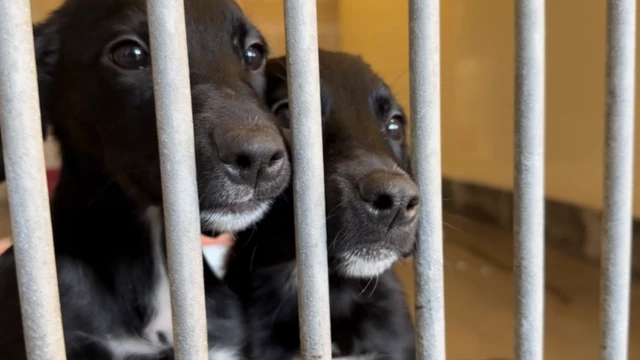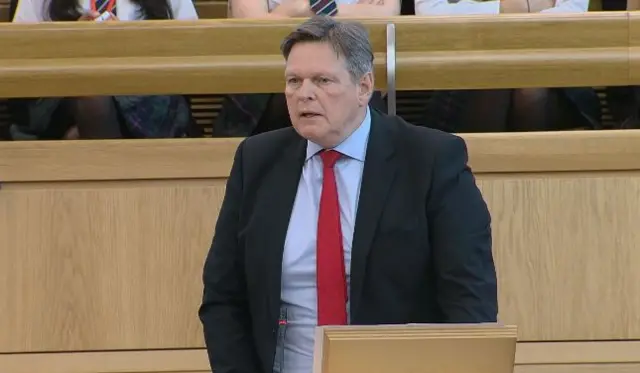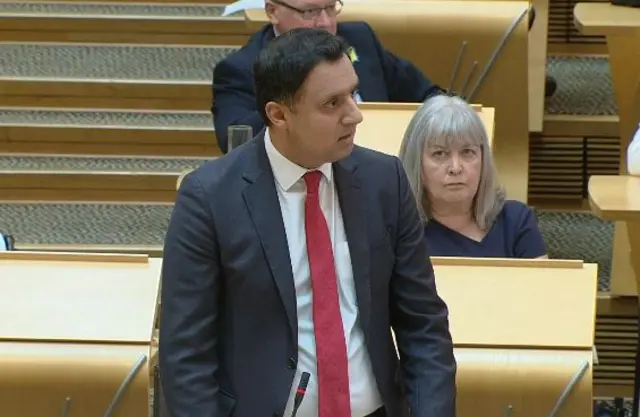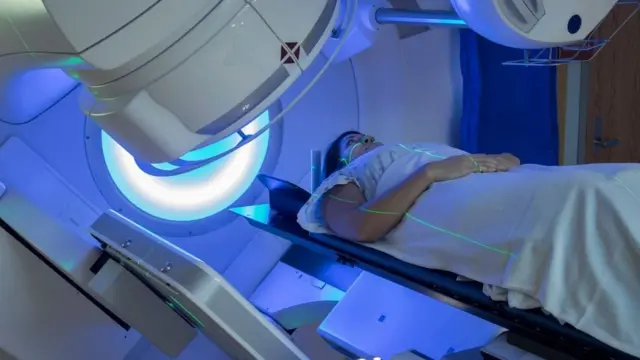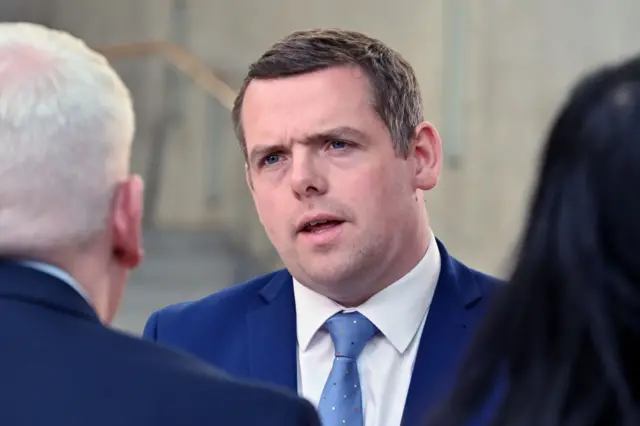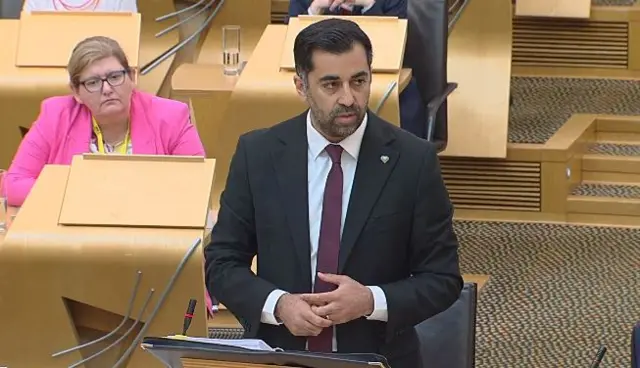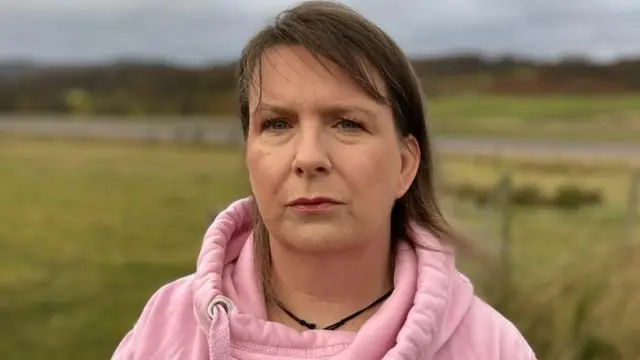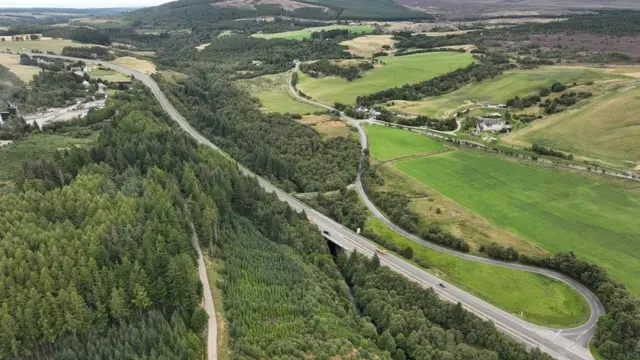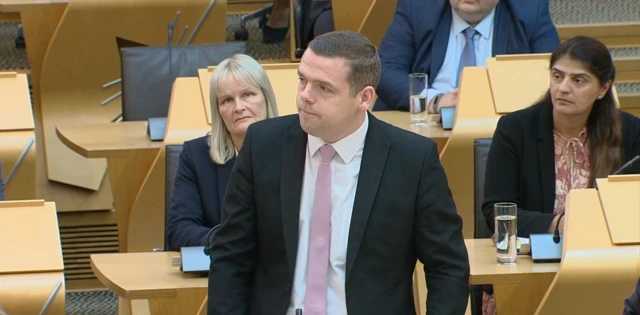FMQs: The headlinespublished at 13:13 BST 15 June 2023
Now, if you've just joined us or need a quick recap, here are the main headlines from today's FMQs:
- Douglas Ross asked how many people had to die before the A9 is dualled
- The first minister hit back, pointing to £430m of investment in the road since 2007
- The two clashed over the technical point of why a Government Initiated Question on the A9 was withdrawn
- The Scottish Tory leader said the withdrawal was unprecedented but the FM insisted it was due to the appointment of a new transport ministerial team
- Anas Sarwar raised the Scottish government’s new 10-year strategy for cancer, saying treatment standards had not been met for a decade
- The Scottish Labour leader highlighted the case of a 76-year-old man from Lewis who had been told no appropriate oncologist was available to supervise his treatment
- Humza Yousaf defended the government’s record, saying the health service was still dealing with backlogs from the pandemic, and that the latest figures reflected a positive trajectory
That concludes our coverage of this week's FMQs. The editor was Paul McLaren and the writers were Bryn Palmer, Craig Hutchison, Morven Mckinnon and Auryn Cox.
Thank you for joining us.
